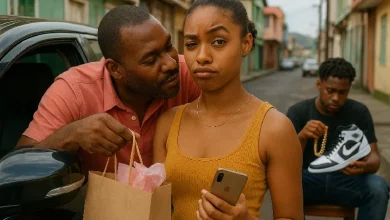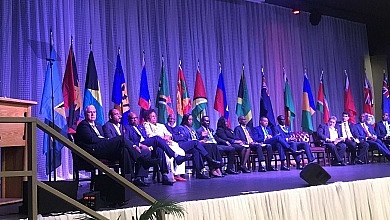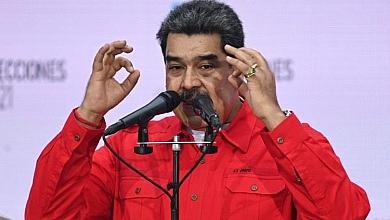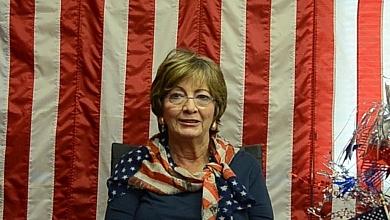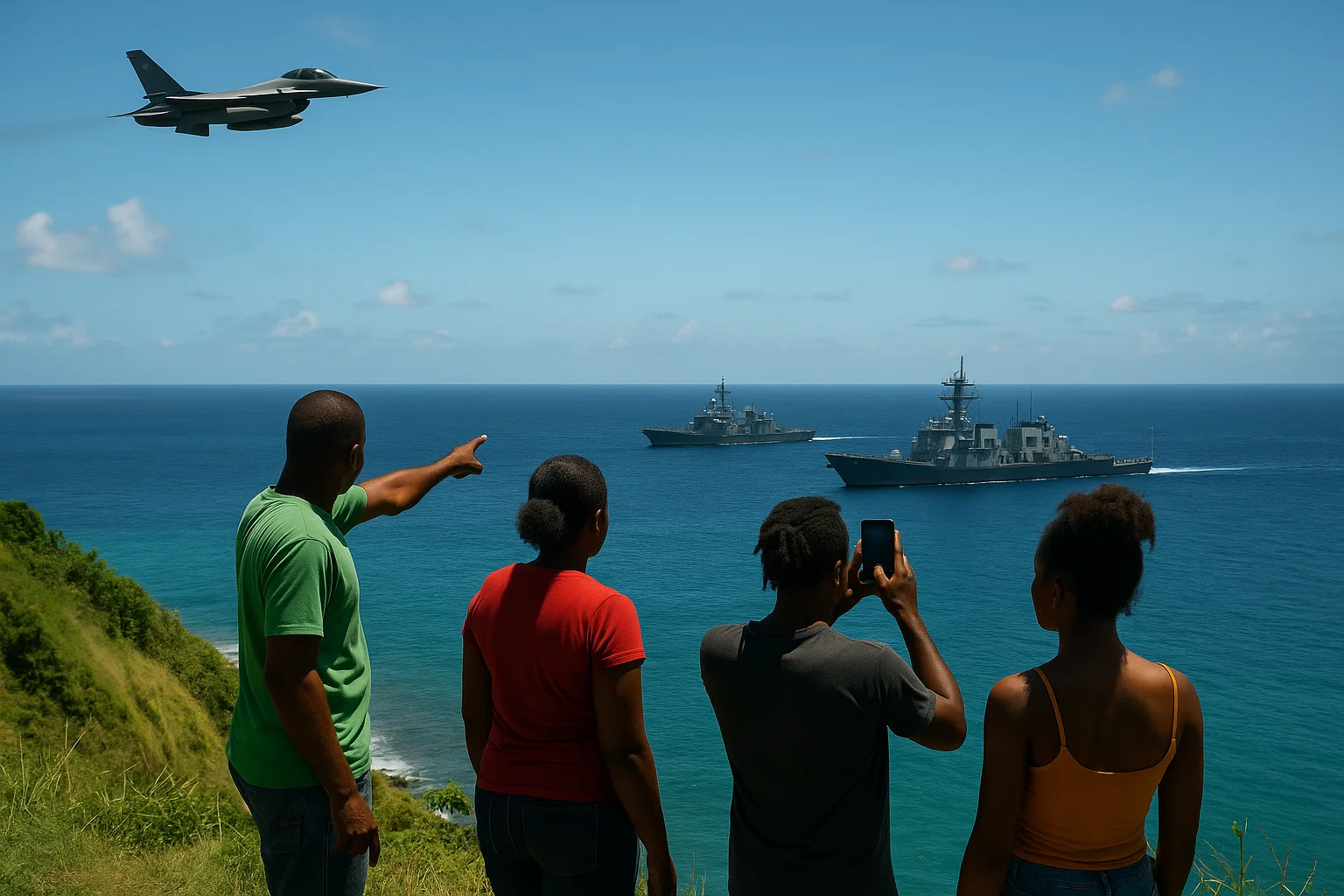
As we listened on Q95 FM to our contemporary thinkers, Crispin Gregoire, Dr. Thomson Fontaine, Gabriel Christian, Sheridan Gregoire and Justice Irving André, discuss these pressing issues from both the diaspora and here at home, it became clear that Dominica is sitting in the middle of a storm it did not create, but cannot ignore. The tension between Venezuela and the United States has moved from distant headlines to our own waters. And while leaders speak of the Caribbean as a “zone of peace,” the buildup of U.S. warships in the region tells a different story.
The key reason is not simply Venezuela’s internal politics; it is the perceived weakness and the strategic void that follow. Venezuela’s economy is sagging, its oil production is down, and its alliances are shifting toward China and Russia. The U.S. sees this as both an opportunity and a threat: an opportunity to press sanctions, cut networks, and show control; a threat that if it doesn’t act, other powers (namely China) might fill the gap. For our region, this means that the Caribbean cannot act like a passive fan in someone else’s stadium. When the U.S. makes a show of its ships off Venezuela, the message is not subtle: keep your place, fall in line, don’t rock the boat.
That message reaches Dominica fast. We rely on the U.S. for trade, remittances, financial access, and visas. China is investing here, sure, but Beijing doesn’t send rescue ships if our economy collapses. The U.S. does. It is leverage. And that leverage is being used. We can sense it in the quiet diplomacy, the emphasis on “drug trafficking,” the appeals for regional cooperation, but also the show of force. Venezuela gets the hammer because it is vulnerable. The Caribbean may be next if it doesn’t align.
The Dependency We Hide, The Pressure We Feel
We like to imagine our independence is full, proud, and free. The truth is more complex. While Venezuela gave us cheap oil under PetroCaribe, and China built our roads, the U.S. remains the centre we orbit because the financial and security architecture leans that way. When the U.S. argues that Cuba’s medical programme is “slavery” and Venezuela’s leadership is “narco-terrorist,” we watch and wait. When Caribbean states stood with Venezuela and Cuba, it ticked a box and showed unease. That unease invites pressure.
The naval buildup in the southern Caribbean is often explained as anti-drug operations. But the scale, seven warships, a nuclear submarine, simultaneous airstrikes, is unprecedented. Venezuela says it feels encircled. Many observers believe the real aim is to tighten Washington’s grip on the hemisphere by reminding all small states that dependency has real costs. For Dominica, that means quiet but clear channels of influence. Our announcement of “zone of peace” language across CARICOM helps. Our silence about major power manoeuvres does too.
Our problems at home mirror that offshore tension. The drug trade, frail institutions, and fragile economy are vulnerabilities that bigger players monitor. If we are weak, we become reliant; if we rely, we become predictable. To avoid that loop, our foreign posture must align with domestic strength. Our security must not only be about coast guards and sea-dropping drones; it must be about youth, jobs, and governance. Because someone else will always supply the hardware, but only we can supply the integrity.
Choosing Our Path, Not Reacting to Theirs
We cannot ignore history: Venezuela once offered Dominica lifelines when few others did. The PetroCaribe deal, the solidarity, the recognition, it all counts. But history does not guarantee immunity. Now we stand between empires, and choosing one is not the answer. We must craft a stance: one that respects older ties without becoming footnotes in someone else’s fight.
That means asking hard questions: Who is building here, and on whose terms? Are we receiving roads and stadiums that bind us into long-term debt? Are we embracing security deals that cost more than they protect? Are we trading sovereignty for support?
For Dominica, the road ahead must include balanced partnerships, robust institutions, and a clear voice on what we will not tolerate. We must speak about our cocaine routes as loudly as we speak about naval build-ups. We must decide whether our “zone of peace” comes from passivity or from strength. Because if the U.S. sees the Caribbean as a zone to be controlled, we must prove that Dominica refuses to be controlled.
In short, we cannot afford to drift. The seas are already rough. The message from the warships and the diplomatic signals is clear: small states matter, but only if they show they matter. Dominica now stands at that showing point.
This article is copyright © 2025 DOM767





